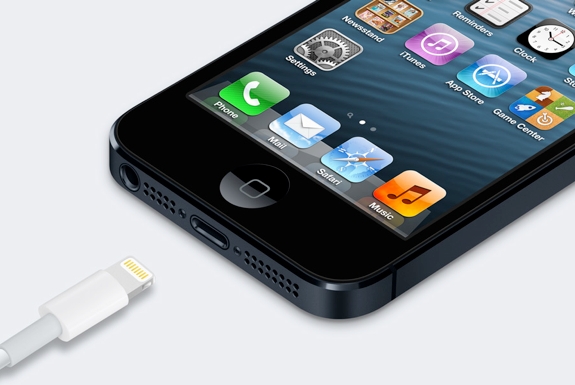Cisco this week is rolling out two lines of Catalyst Ethernet switches in compact form factors intended for deployment in workgroups closer to users vs. wiring closets.
The Catalyst 3560-C and 2960-C Compact Series (C-Series) switches are designed to extend connectivity to IT deployments outside of the wiring closet -- customer check-outs, kiosks, warehouses, conference rooms, classrooms, hotel rooms, cruise ship cabins, gaming floors and other space- and wiring-constrained networking environments.Cisco says this market is about $1 billion and is being underserved by low-end, commodity switches. The C-series are “enterprise-class,” and carry all the features of the higher-end Catalyst 3560 and 2960 switches, but in a compact form factor, says Rob Soderbery, senior vice president and general manager, Ethernet Switching Technology Group at Cisco.
So the C-series will compete with both low-end commodity switches and enterprise-class compact switches from Cisco’s traditional competitors in the enterprise and SMB switch market – HP, Adtran, Netgear, D-Link, etc.
Click to see: Photo of Cisco C-series family
The switches are comprised of five models. They sport eight to 12 Fast Ethernet and Gigabit Ethernet ports, and two Gigabit Ethernet uplinks. They also include hardware acceleration for IPv6, IP multicast and access control lists.
The switches feature what Cisco calls Power over Ethernet (PoE) pass-through, a capability that allows the products to draw 30 watts/port of power from PoE switches deeper in the network – like in the wiring closets -- and not require dedicated power outlets or power supplies. The switches are also designed to reduce cabling costs by eliminating the need for individual cable drops from the wiring closet to far-flung network endpoints.
The switches can be deployed up to 100 meters away from the wiring closet, Cisco says. They are fanless, and can be placed on or mounted underneath desktops and countertops or on a wall.
For security, the switches support Cisco’s TrustSec technology, which determines, through policies, the role of users and devices in the network before granting access to resources. The C-Series switches are also PCI compliant, Cisco says, for regulatory compliance of payment transactions.
The switches encrypt all packets between the switch and the end device, and malicious users can be blocked from eavesdropping on the conversation between two endpoints, Cisco says. The switches also come with an optional security lock and cable guard to prevent theft of the switch and unauthorized access to the cables.
The C-Series switches also feature tools for simplified configuration and management, and QoS implementation for IP telephony and video. The switches can be remotely managed along with the switches in the wiring closet, Cisco says.
They also support Cisco’s EnergyWise software for monitoring and managing energy consumption of the devices connected to the switch. EnergyWise turns off or powers down devices when they are not needed.
"This is a long, overdue and good move by Cisco," says Andre Kindness of Forrester Research. "The retail and education markets that have always had a need a for smaller, more efficient, and quieter switches which has been traditionally filled by D-Link, HP and 3Com" before HP’s acquisition of them.
Kindness says Cisco is responding to trends in retail, education and enterprise in general where users are moving to more a distributed workforce with smaller campuses and more branch/remote locations. This means there will be shift in edges switches from large 24 and 48 port ones to compact and fanless ones, Kindness says.
Businesses are also setting themselves up in more locations but with smaller footprints to connect with more customers, Kindness says. An example of this is banks that have carved out locations within grocery stores instead of leasing large buildings on the corner of major streets.
The strengths of Cisco's C-Series line are simplicity, security and deployment flexibility, Kindness says. The downsides may be price and feature overkill for some markets.
"They are packing all the features into each physical form factor instead of offering different firmware levels for each form," Kindness says. "For example, the education market doesn’t really need the security rich feature set as the retail industry."
The switches may also overlap with Cisco's 500 series switches for the SMB market, Kindness says. Cisco may need to do a better job articulating the differences between these and other offerings, he says.
Pricing for the C-series ranges from $745 to $1,995. They will be available in March.







.jpg)


